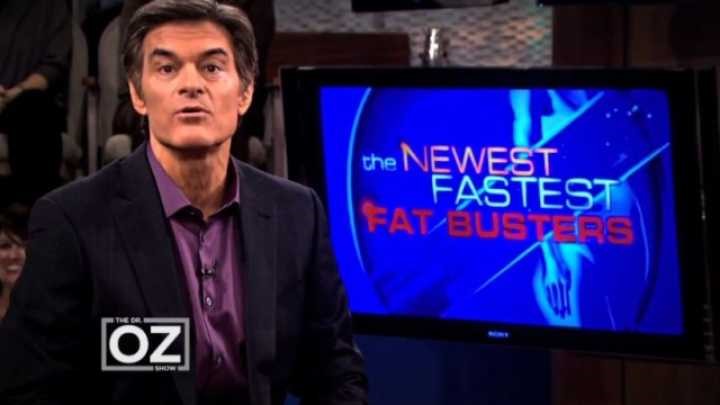
Three events in the last month got me thinking about the role that clinicians and researchers (like me) play in the popular media.
A group of Stanford faculty recently published an opinion piece in JAMA criticizing Scott Atlas for spreading misinformation and recommending misguided policies regarding the COVID-19 pandemic. They argued (and I agree) that Atlas, a non-practicing neuroradiologist, misused the credibility and authority attached to his medical training. That criticism of Atlas cited the American Medical Association’s Code of Medical Ethics Opinion that physicians “…should ensure that the medical information they provide is…commensurate with their medical expertise and based on valid scientific evidence.”
Around the same time, I did an interview for a local TV station regarding effects of the pandemic on mental health and risk of suicide. I talked about all the ways that the pandemic and related social and economic disruption could increase risk for mental health problems and suicidal behavior. And, because the interviewer asked, I gave my advice about self-care: keeping a regular sleep schedule, establishing a new daily routine, finding new ways to create or maintain social connection, avoiding over-use of alcohol or cannabis. But I was careful to be honest about the limits of current knowledge and my expertise. We don’t yet know if or how the pandemic affected rates of suicidal behavior. Emphasizing the limits of our knowledge probably reduces the chances that my face will appear on television, and that’s fine with me.
My advice about self-care during the pandemic was reasonably commensurate with my medical expertise. I am a practicing mental health clinician rather than a non-practicing neuroradiologist. So I know something about self-management of common mental health problems. But I have no greater expertise about coping with the pandemic than most mental health clinicians. And my expertise about coping with widespread fear and loss was mostly common sense rather than new knowledge gained through my research.
It’s not wrong to promote or reinforce common-sense messages about self-care. Even if I have no special expertise, my status as a clinician and researcher may lend those useful messages more credibility. But I should be careful not to claim special authority or credibility that I don’t actually own. Media appearances are just a tool to support public health messages rather than an end unto themselves. Aiming to become an “influencer” can lead down a slippery slope away from medical expertise and valid scientific evidence.
And I must be especially careful about confusing medical or scientific expertise with my personal values. All researchers and clinicians are certainly entitled to hold and express personal values. Scott Atlas is entitled to his values, and I am entitled to mine. And I suspect our two sets of values have just about zero overlap. In my opinion, Atlas repeatedly failed to separate his values (personal “liberty” above all else) from his medical expertise or scientific evidence. Having seen that, I try to be more careful about the distinction. I practice starting statements about my values with “I believe that…” and statements about research (mine or others’) with “We have evidence that…”. My values are central to my motivation, but they are not evidence.
I was thinking about these issues when I read that Dr. Oz will appear as a guest host on Jeopardy. Before Scott Atlas grabbed the spotlight, Dr. Oz was the cautionary tale of a physician-turned-influencer dispensing medical advice not commensurate with their medical expertise. And he has his own history of spreading COVID-19 misinformation. In the latest move down the slippery slope, Dr. Oz has slid from a surgeon hawking questionable weight loss treatments to “I’ll take Snake Oil Before and After for $200” on the Jeopardy soundstage. Note to self: If I’m ever invited to host a TV game show, then I’ll know that I’ve slid down much too far.
Greg Simon
